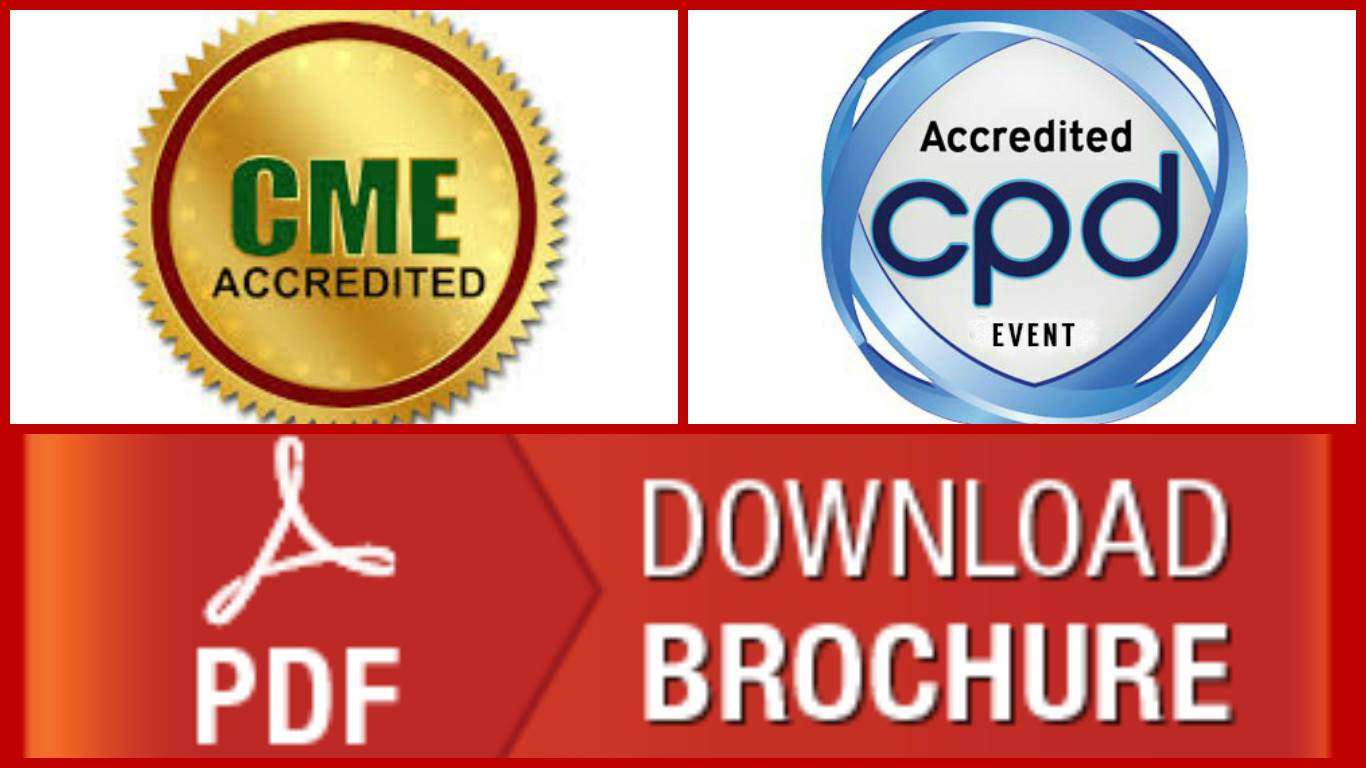Fontini Christi C. Cuenca
St. Luke’s Medical Center Global City Heart Institute, Phillipines
Title: Assessment of safety and efficacy of transcatheter aortic valve replacement among adult Filipinos with symptomatic severe stenotic bicuspid aortic valve
Biography
Biography: Fontini Christi C. Cuenca
Abstract
Background: The safety and efficacy of transcatheter aortic valve replacement (TAVR) in symptomatic high risk tricuspid aortic valve (TAV) stenosis has been established. TAVR in bicuspid aortic valve (BAV) stenosis is currently considered as an off label application. Several studies with small sample size showed safety and efficacy of TAVR on BAV stenosis. There are currently no reports on Filipinos with BAV treated with TAVR.
Aim: The aim of this study is to assess the safety and efficacy of transcatheter aortic valve replacement among adult Filipinos with symptomatic severe stenotic bicuspid aortic valve.
Methods: Consecutive patients from February 2012 to November 2016 with severe symptomatic aortic stenosis who underwent TAVR in Saint Luke’s Medical Center-Global City were included in our study. Results were compared between patients who had TAVR on TAV stenosis versus TAVR on BAV stenosis.
Results: 89 patients were included in the study (n=89). 10 (11%) of these patients were identified as having BAV by multislice computed tomography and transthoracic echocardiography. No significant differences were noted in the aortic valve annulus size and aortic valve area (p=0.14) pre-operatively. BAV group received a relatively smaller bioprosthetic valve size (p=0.03). No significant difference was found between the BAV and TAV group procedural success. One patient in each group needed emergency open heart conversion (p=0.23). Post procedural echocardiographic assessment showed a higher mean pressure gradient (p=0.01) and increased PVL in the BAV group (1.01). There were no significant difference in the 30-day and 1-year cardiac mortality and all-cause mortality between the two groups (p=1.0).
Conclusions: TAVR in our limited experience represents a feasible and effective alternative treatment in patients with severe BAV stenosis. Procedural and 1-year outcomes are comparable to those patients with TAV stenosis. More research with larger population and long term follow up is needed to validate results.

